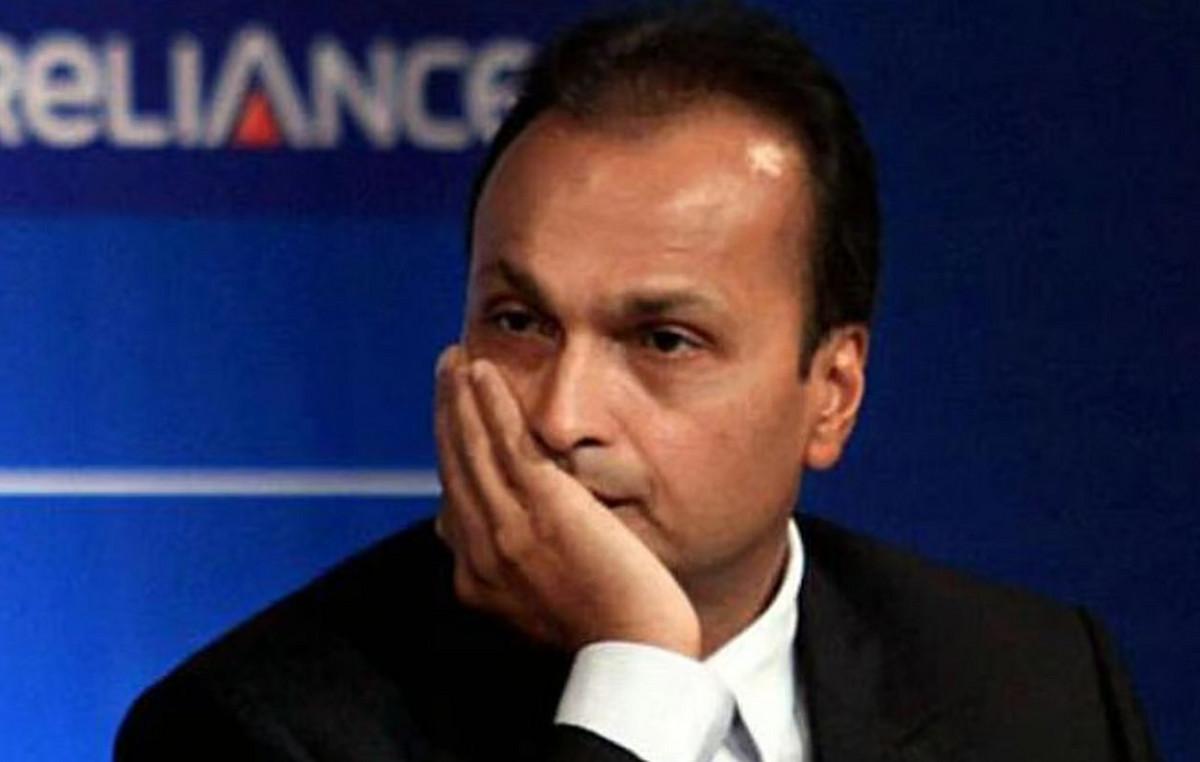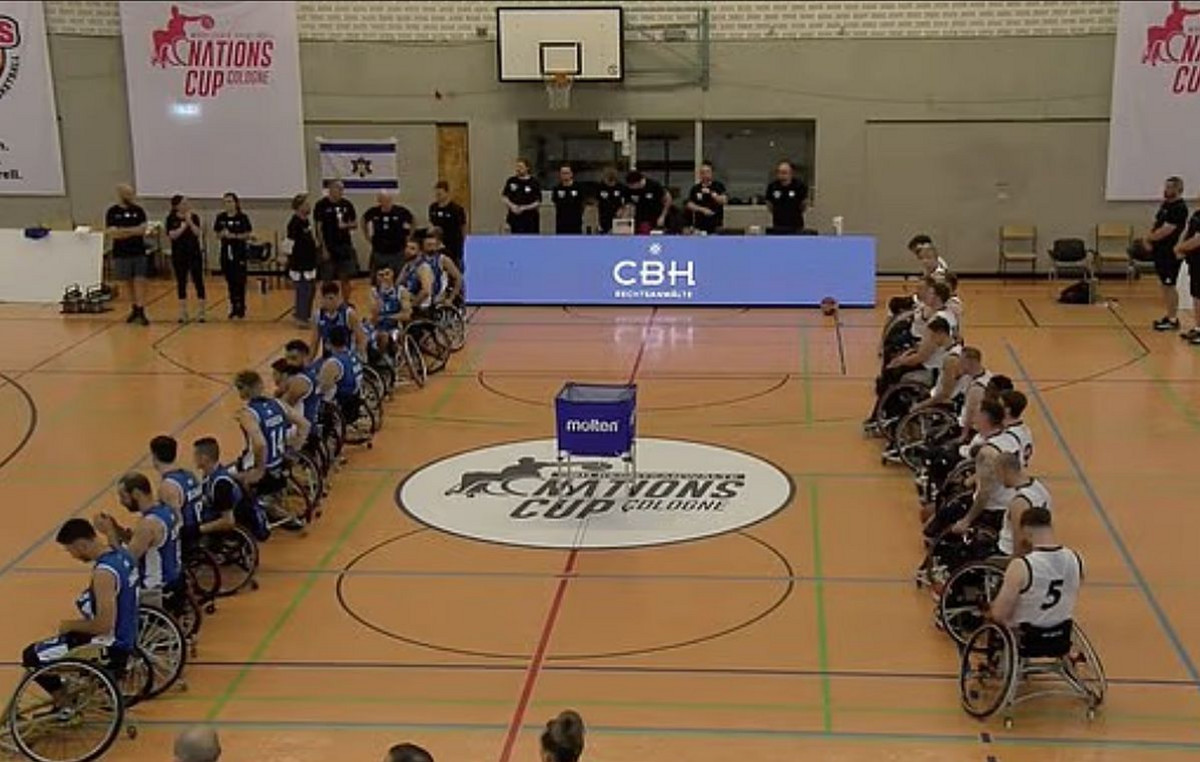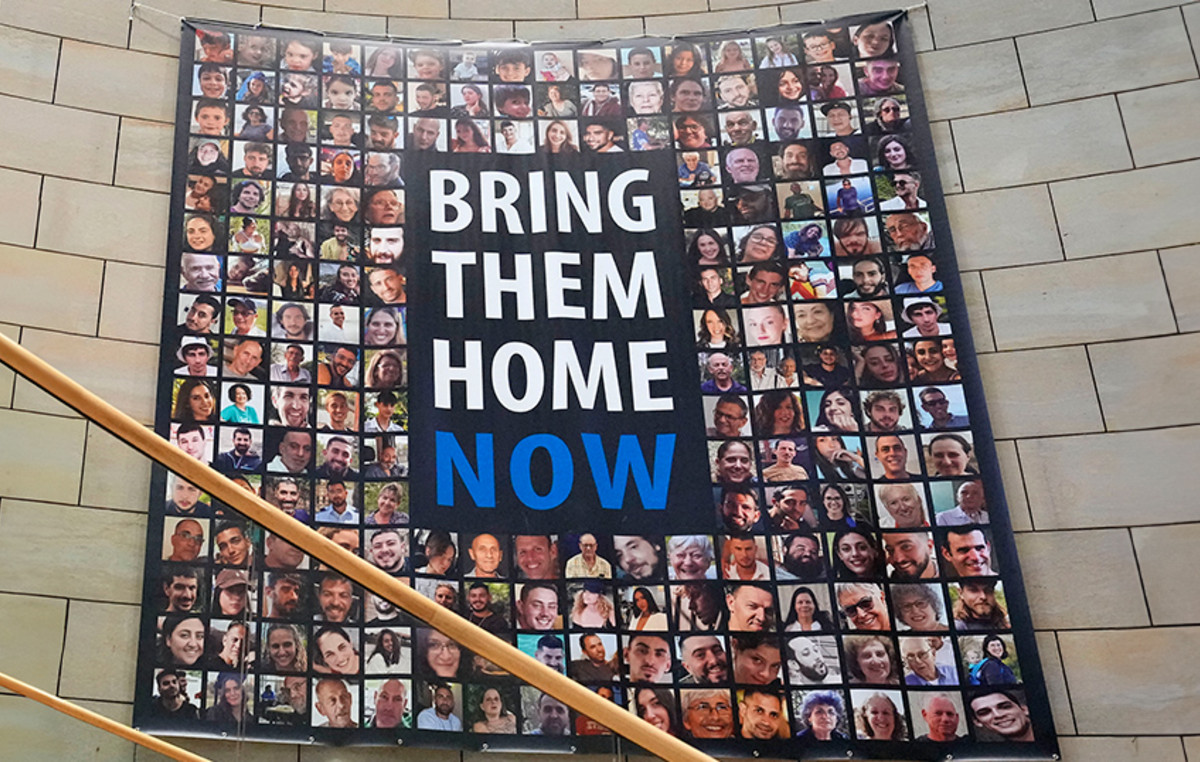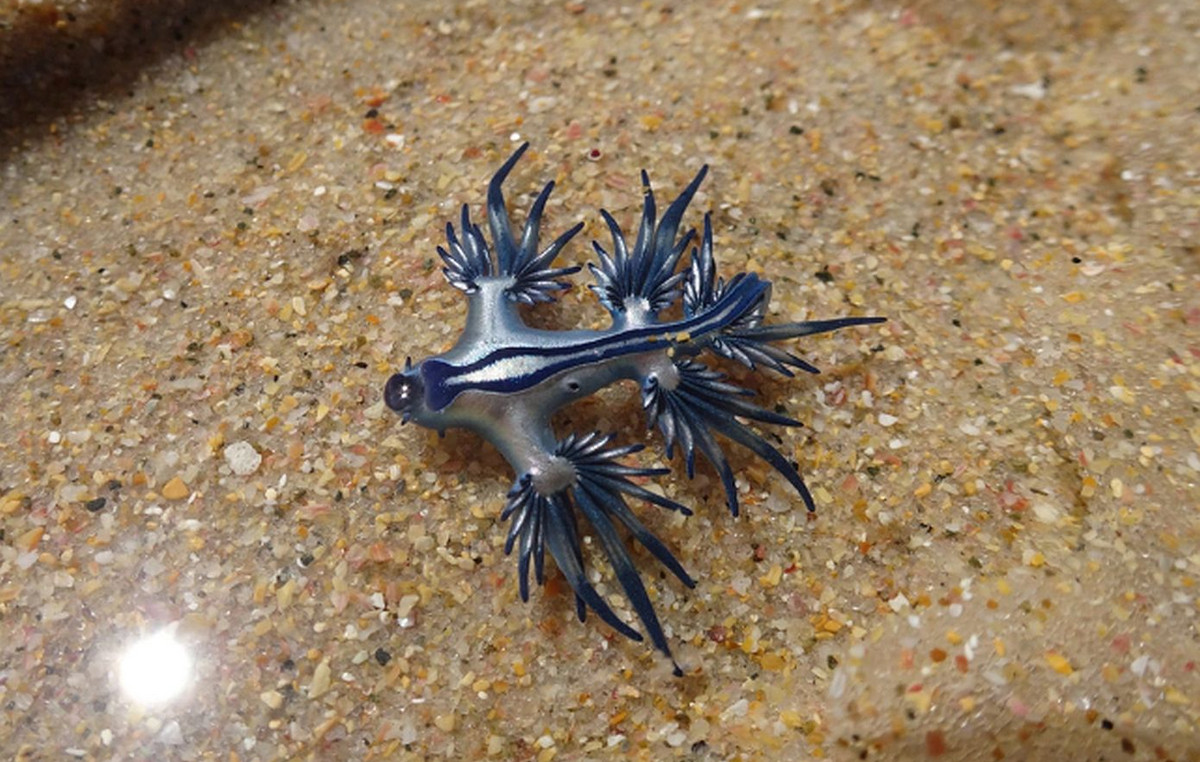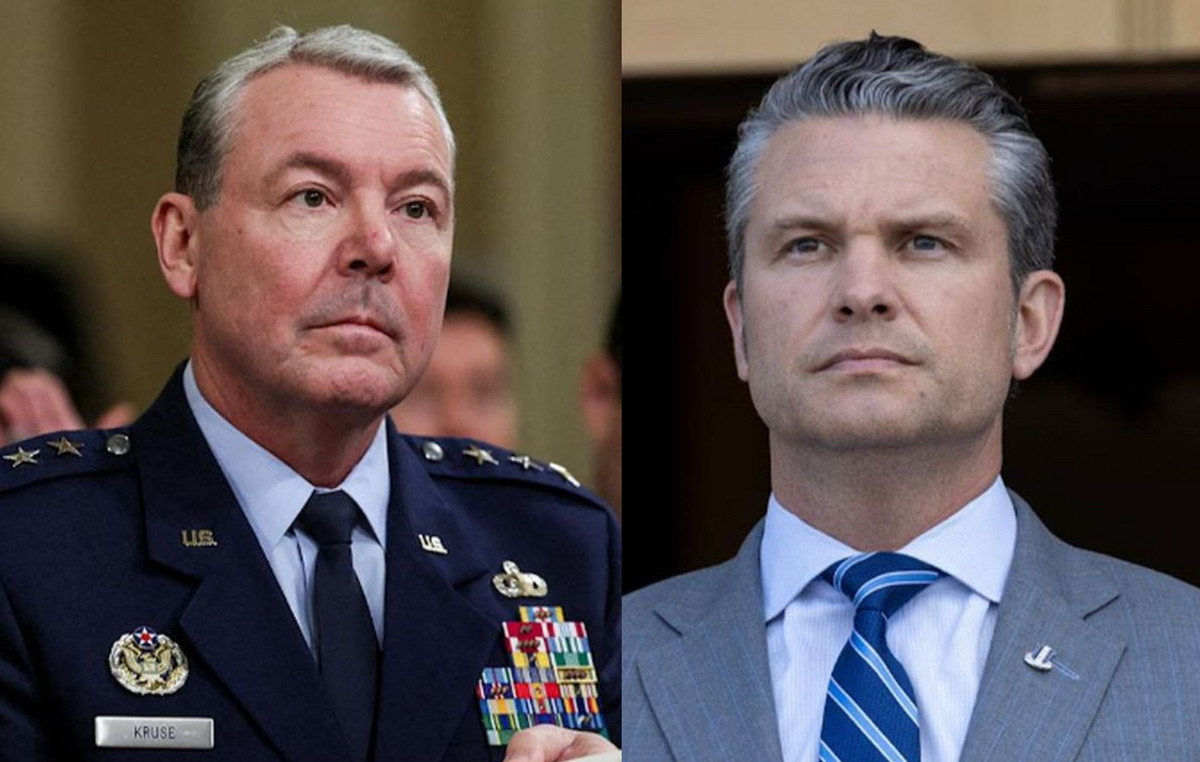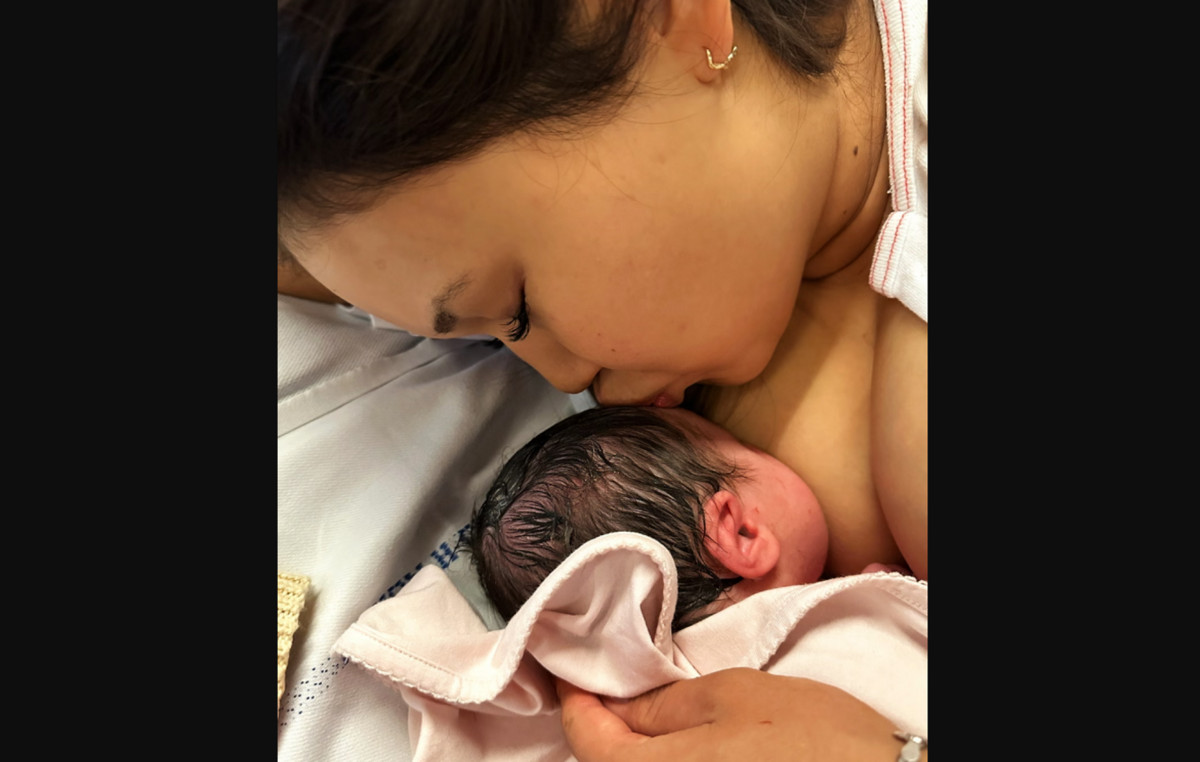The National Assembly of Venezuela will submit to the second discussion and vote this Tuesday (21) on a bill that proposes to regulate non-governmental organizations (NGOs) operating in the country, according to the deputy and first vice-president of the United Socialist Party. of Venezuela (PSUV), Diosdado Cabello.
The project, called “Law on Supervision, Regularization, Action and Financing of Non-Governmental and Related Organizations”, was approved in the first discussion in January 2023. Since then, the proposal has generated concern among local NGOs – such as Provea and Control Ciudadano –, who consider that with this order the party in power seeks to limit their functioning and “silence” them.
Meanwhile, the Government of President Nicolás Maduro and the United Socialist Party of Venezuela (PSUV) argue that their objective is to act against entities that, according to them, are at the service of other countries such as the United States.
“[São] supposed non-governmental organizations, supposed non-governmental organizations, that do not depend on the Government of Venezuela, but depend on the Government of the United States”, Cabello said this Monday at a PSUV press conference.
“To conclude, they are not non-governmental organizations, but we hope to approve tomorrow [terça-feira] this law, which has a lot to do with financing, with the way the money reaches them.
“Everyone will have to declare themselves in writing there, everyone will have to explain where the funds come from, everyone will have to say how they spend the funds,” he added.
Cabello introduced the bill in January 2023. At that time, he said that there were 62 NGOs operating in Venezuela and that many of them were “appendices of imperialism” that want to “destabilize the country.”
During the second discussion, the National Assembly will review the law article by article. If the rule is approved, it will be sent to President Maduro for signature and will come into force as soon as it is published in the Official Gazette.
The National Assembly will address the issue just over two months before the July 28 presidential elections, in which Maduro will seek his second re-election and third term. The majority opposition supports the candidacy of former diplomat Edmundo González Urrutia.
The approval of this law is part of Chavismo's long-standing desire to control the work of these NGOs, which on many occasions defy the official narrative.
Part of the international cooperation funds also finances the reduction in press freedom that remains in the country, mainly concentrated on the Internet. In 2006, an international cooperation project had been approved in the first discussion, but on that occasion the proposal did not advance to the final debate.
(With information from Osmary Hernández and Alfredo Meza)
Source: CNN Brasil
Bruce Belcher is a seasoned author with over 5 years of experience in world news. He writes for online news websites and provides in-depth analysis on the world stock market. Bruce is known for his insightful perspectives and commitment to keeping the public informed.

